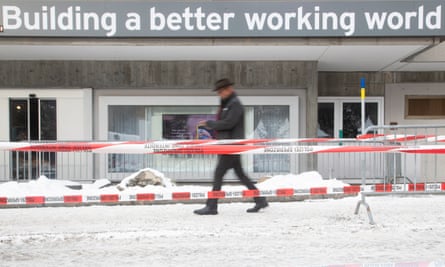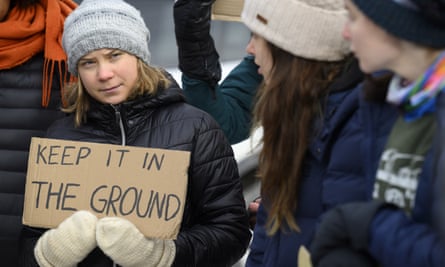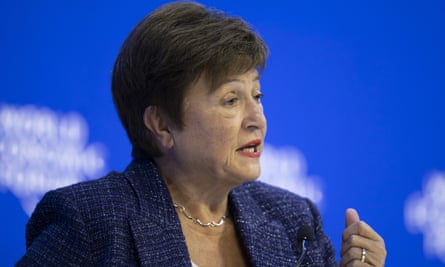[ad_1]
Tehran: Iran which is facing its lowest level of domestic legitimacy and international acceptance, seems to have lost China as well, reported The Jakarta Post.
Xi Jinping’s recent visit to Saudi Arabia caused a shock for Iran. It has left Tehran wondering whether China is changing its priorities in the region, especially in the aftermath of declining American presence.
This visit is being seen as a turning point in Beijing’s foreign policy toward the Persian Gulf states, reported The Jakarta Post.
Although China maintains close relations with Iran and Saudi Arabia, the latter has emerged as one of Beijing’s leading strategic partners in the region.
Tehran is worried about China’s recent embrace of Saudi Arabia and other Gulf Cooperation Council (GCC) nations as Iran believes that China has taken a neutral stand in Iran’s rivalry with Saudi Arabia in the Gulf region.
The Chinese leader published a joint statement with the government of Saudi Arabia in which he asked Iran to cooperate in the controversial nuclear case and avoid interfering in the affairs of neighbouring countries.
To make matters worse, Xi signed another statement with the governments of the Gulf Cooperation Council supporting the United Arab Emirates in its dispute with Iran over three islands, reported The Jakarta Post.
Notably, Iran and China have signed a 25-year comprehensive strategic partnership agreement. China is also due to discuss additional economic cooperation, but for the most part, the arrangements remain vague as geopolitical tensions rise, reported The Jakarta Post.
Meanwhile, Saudi Arabia has been the largest crude oil supplier to China since 2020. China is dependent upon Saudi Arabia for its energy needs and Beijing is making all efforts to have a long-term relationship with Riyadh to address this need.
Iran is asking “compensation” for the joint statement signed between China and the GCC nations, reported The Jakarta Post.
China’s relationships with Saudi Arabia and Iran are very complex. China has to carefully manage its relations with both countries to maintain neutrality to protect its trade interest in the region.
However, If China crosses its limit, it will have to face retaliation from the Islamic world, reported The Jakarta Post.
Most Muslim countries, including Iran and Saudi Arabia, are aware of the conditions of the Muslims in Xinjiang, but have refrained from joining the US crusade against China to militarize Xinjiang Muslims.
The reciprocity of the Arab world toward China on Xinjiang can be gauged by the recent visit by a delegation of Muslim scholars and clerics from developing nations who voiced support for China’s policies in the far-western region.
The group of more than 30 Islamic representatives from 14 countries — including the United Arab Emirates, Jordan, Serbia, South Sudan, and Indonesia — arrived in Xinjiang to visit the cities of Urumqi, Turpan, Altay and Kashgar and to meet with government officials.
Al Nuaimi, chairman of the UAE-based World Muslim Communities Council, who was part of the delegation was quoted by state media as praising efforts by the Chinese government to eliminate terrorism and extremism in Xinjiang as the correct way to protect China’s national interests, reported The Jakarta Post.
China has detained more than one million Uyghurs against their will over the past few years in a large network of what the state calls “reeducation camps”.
In the aftermath of China taking sides in Gulf politics, the Xinjiang affair can be used against its interests. Iran, Saudi Arabia, and UAE have so far refrained from even mentioning the issue and respecting China’s national sovereignty over it. China is doing all it can to fix the UAE declaration against Tehran, reported The Jakarta Post.
The Chinese Ministry of Foreign Affairs has understood its mistake and is trying to do damage control. The gravity of the situation can be gauged from the reaction of the Iranian Foreign Minister Hossein Amir-Abdollahian who said, “The islands of Abu Musa, the Greater Tunb and the Lesser Tunb in the Persian Gulf are inseparable parts of the pure land of Iran and belong to this motherland forever”.
Beijing understands the complexity of the region and tries to walk a tightrope as long as it can sell its products and expand its influence within the Muslim world.
[ad_2]
#Iran #worried #Chinas #embrace #Saudi #Arabia
( With inputs from www.siasat.com )






